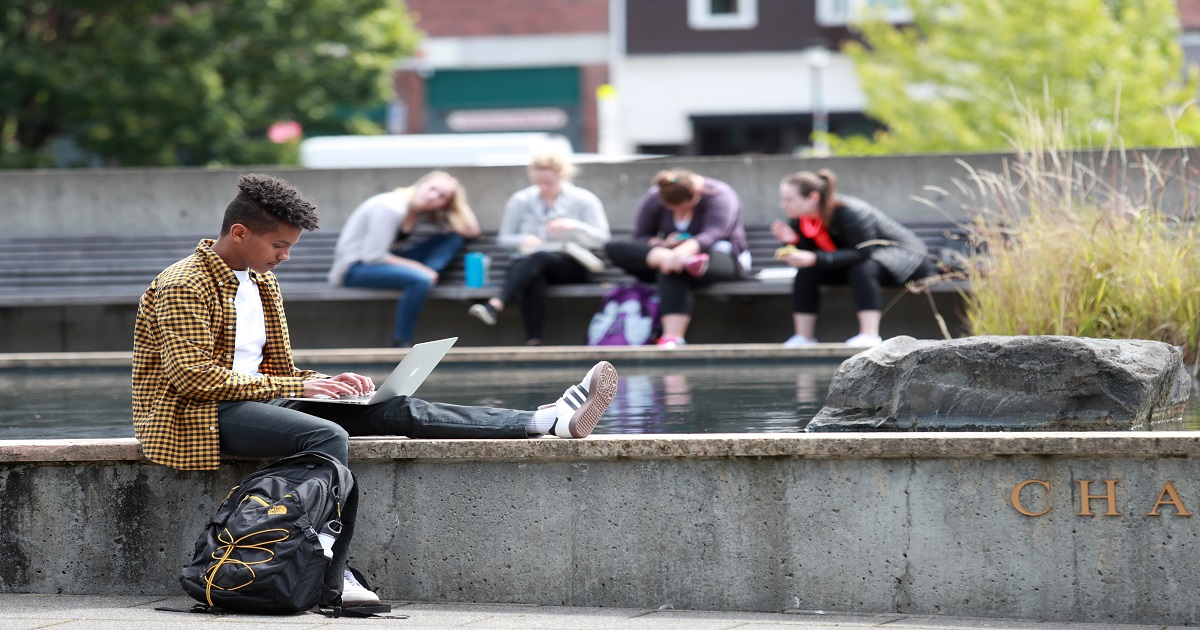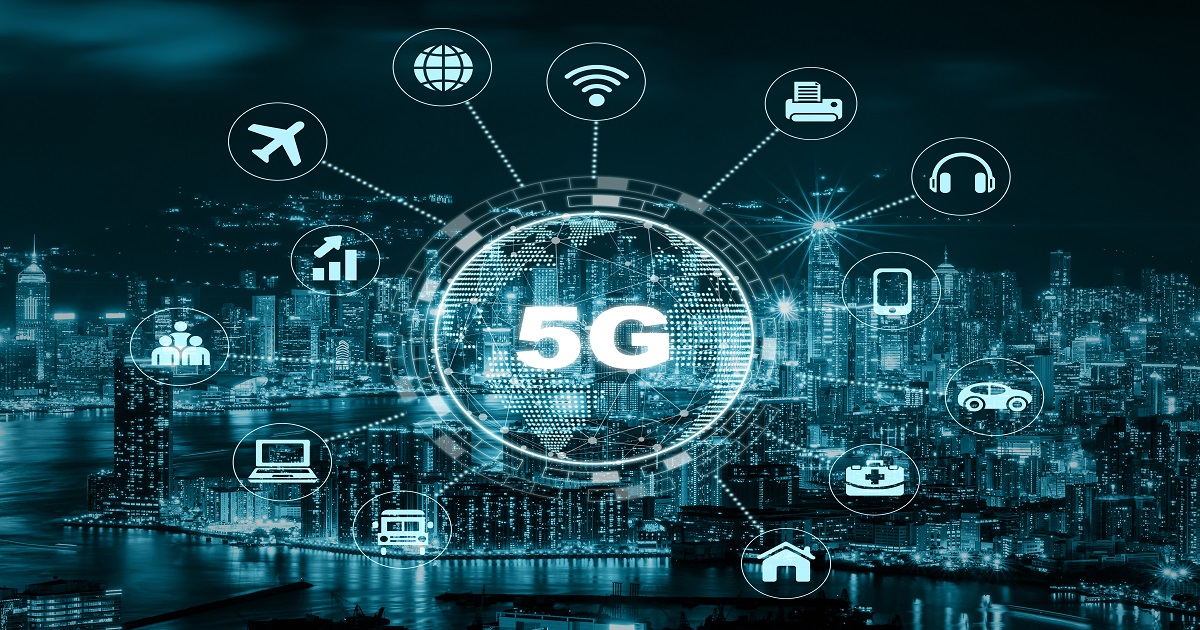
There are an estimated 1.9 billion 5G subscriptions worldwide as of 2023, according to a Statista report. This figure is forecast to increase to 2.8 billion by 2024 and 5.9 billion by 2027. Why are people embracing 5G? Well, 5G networks offer higher download speeds and lower latency than older 4G networks.
And one field that is seeing the benefits from 5G networks is education.
In the education field, 5G's faster internet speeds and lower latency make online learning more efficient, allowing students and educators to access resources, engage in real-time communication and participate in high-quality video conferencing without interruptions. This, in turn, enhances remote learning opportunities and opens the door to immersive experiences, including augmented and virtual reality applications that make subjects come to life.
With 5G, students and educators can collaborate globally, access a wealth of online educational resources, and benefit from the potential of IoT integration for smart campuses. Seattle University understands the benefits it could reap if it utilized 5G across its campus. Therefore, the university turned to a provider of 5G: T-Mobile.
T-Mobile as the primary 5G service provider allows Seattle University to implement several initiatives capitalizing on 5G technology. Among these projects, the university plans to establish high-speed internet connectivity across the entire campus, offering a substantial cost-effective alternative to traditional wired solutions.
The university also intends to enhance campus safety and security by deploying 5G-enabled smart cameras. Seattle University is equipping leadership, faculty, staff, emergency response teams and students with 5G-enabled devices and services, thereby ensuring efficient and advanced communication capabilities.
The university is also taking steps to facilitate international students' access to mobile services, eliminating the need for bank accounts or credit checks. This initiative involves providing SIM cards or eSIMs, ensuring immediate mobile service for these students.
Additionally, Seattle University envisions student-led academic projects that leverage 5G innovation, fostering a dynamic and technologically advanced educational environment.
“We have dozens of projects in the works through this collaboration that will benefit our entire campus and the larger community over the next couple of years,” said Travis Nation, Vice Provost for Information Technology and Chief Information Officer at Seattle University. “Our students are going to be better prepared for the workforce of tomorrow because of the opportunity they will have to utilize the technologies that might have been inaccessible to them before.”
With T-Mobile, Seattle University is set to deliver on its Connected Experience initiative, which aims to improve digital equity for students, advance student success outcomes, increase operational efficiencies and drive innovation.
Edited by
Greg Tavarez





